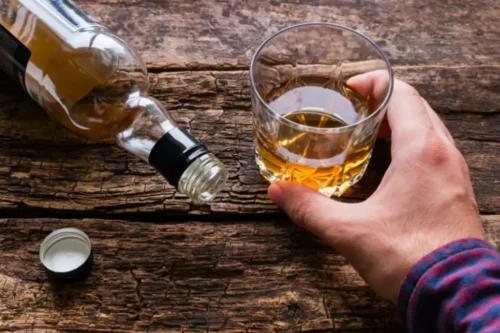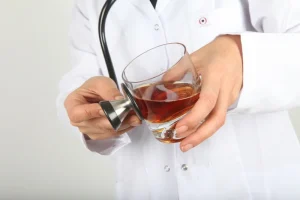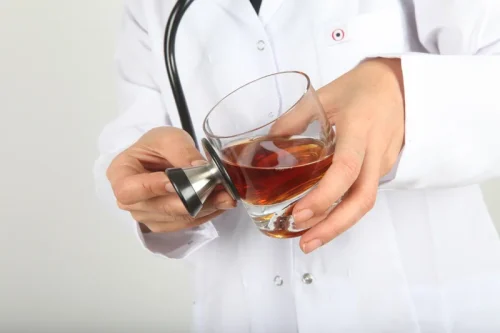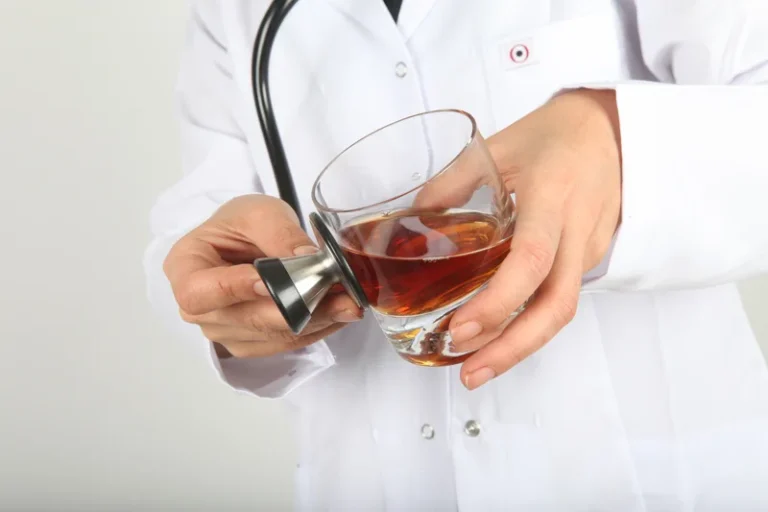What Helps With Alcohol Withdrawal? Tips for Coping

Your liver can start to heal, your risks of heart disease and cancer go down, and you may begin to sleep better. A rare but very serious syndrome called delirium tremens can occur during alcohol withdrawal. Also known as DTs, an estimated 2% of people with alcohol use disorder and less than 1% of the general population experience them.
Measure your drinks.
That’s why many of us wonder if a month of avoiding drinking is enough to “reset” your liver back to normal. It’s true that taking a break from alcohol for any amount of time will be beneficial overall, with some research showing that liver function begins to improve in as little as two to three weeks. But a full detox is needed for the most benefit, and how much time that takes depends on a variety of personal factors.
- In addition to these phrases, it can be helpful to prepare for more persistent questioning.
- Your body has acclimated to quitting drinking over the past couple of years.
- This includes cancer recurrence or the development of secondary primary tumors (SPTs).
- On the other hand, binge drinking is generally defined as four drinks for women and five drinks for men within a two-hour period.
Set firm dates to begin your plan.

Stopping drinking abruptly can lead to seizures and can even be fatal. If your alcohol use has been heavy and chronic, talk to a doctor about medically supervised detox. If you detox at home, talk to a healthcare provider about medications that may help and use self-care strategies to make it easier to cope with uncomfortable withdrawal symptoms. Most people find their mood improves after 3 to 6 weeks of quitting drinking.
- For example, you might try going for a walk when stressed, calling a friend when lonely, or practicing deep breathing when angry.
- Perhaps you’d appreciate a sober buddy, or someone else staying sober with you when you go out or helping you resist the temptation to drink.
- How you feel when you stop drinking is largely based on how often and how heavily you drink.
- Talk therapy is an important part of treatment for alcohol use disorder, but Dr. Streem says just about anyone who is making a life change, like quitting drinking, can benefit from therapy.
- Here are 14 helpful tips from EHN Canada that can help you quit or at least curb alcohol misuse as a first step.
Plan your approach to quitting.
Your liver has enzymes that work like special tools to help metabolize (break down) different toxins that enter your body, such as alcohol. Quitting alcohol removes the cause of all this potential damage to your and your world. By Amy Morin, LCSWAmy Morin, LCSW, is a psychotherapist and international bestselling author.
Like any big change, there might be times where it doesn’t feel easy, so it’s important to reward yourself with something as you make progress. It’s equally important not to be too hard on yourself if you slip up every once in a while. Tell your family and friends that you’re aiming to stop drinking alcohol and explain why. This way, you can share your successes with them, and they’ll understand why you’ve started turning down drinks or trips to the pub. This guide has lots of practical tips on how you can stop drinking and the benefits you can expect. You can also find out about the withdrawal symptoms you could experience if you move from drinking heavily to not drinking at all, and advice on where to get support.
Clinical evidence suggests that the most common causes of relapse during this stage are neglecting self-care or not attending self-help groups. You may also consider joining an online support group to help you feel less alone. Consider writing them down and keeping notes on hand, so you have a physical reminder to look at when you need it to help motivate you to stay the course.

“The biggest thing that I noticed is that I don’t need alcohol to have a good time with my friends.” Talk therapy is an important part of treatment for alcohol use disorder, but Dr. Streem says just about anyone who is making a life change, like quitting drinking, can benefit from therapy. Dr. Streem says that if your goal is to stop drinking altogether, you’re more likely to have success quitting all at once, rather than weaning off alcohol. But that advice changes if you’re living with alcohol use disorder. Your body has acclimated to quitting https://ecosoberhouse.com/ drinking over the past couple of years.

Alcohol has many negative effects on your physical and mental health. The benefits of quitting drinking are often apparent soon after you stop, and will only continue to improve the longer you abstain from drinking. “There is early evidence that even taking a one month break from fairly low levels of consumption reduces some burden on the liver,” White says. If you’ve become dependent on alcohol, cutting it out of your life may produce withdrawal symptoms, such as a rapid heartbeat, high blood pressure, sweating and shaking. Psychological symptoms can include irritability, anxiety and restlessness. Unstable vital signs increase the risk of complications and can be managed with medications.

The weight loss effects for moderate how to survive summer parties and boozy bbqs drinkers are less pronounced. If you go out with people who are drinking and you’re not having fun, or you’re really tempted to drink yourself, then you’ll want to leave early. This is especially important if you’re going somewhere where you used to always drink before. The bar or the same nightclub you used to frequent while drinking may be a trigger for you.
